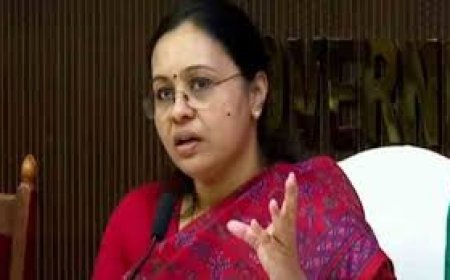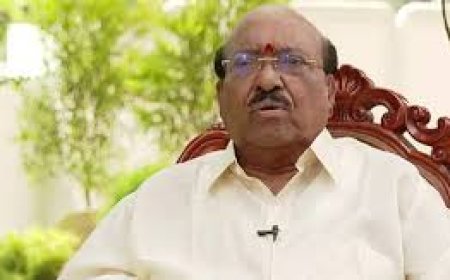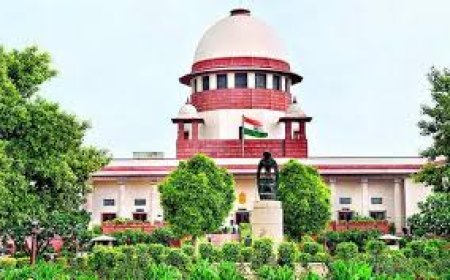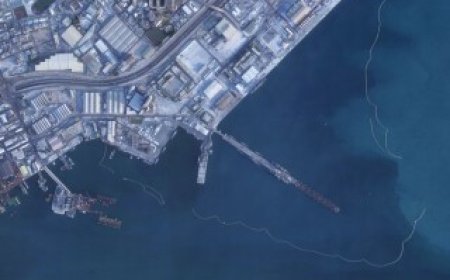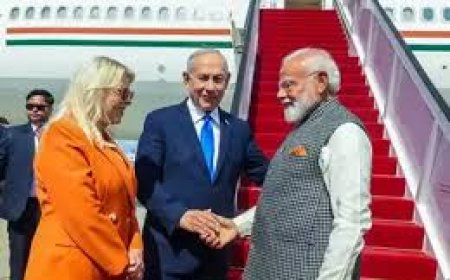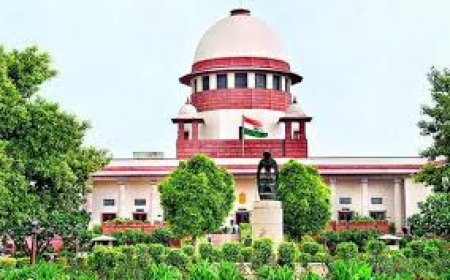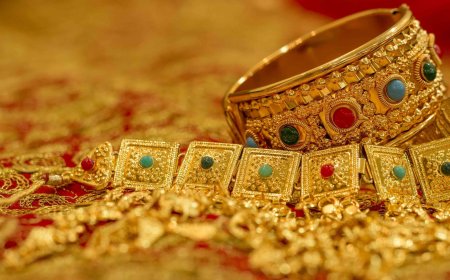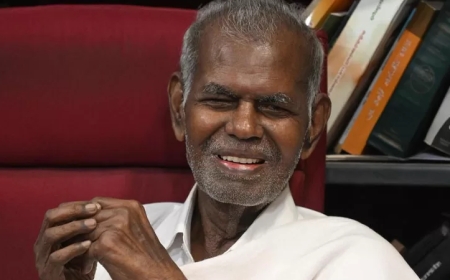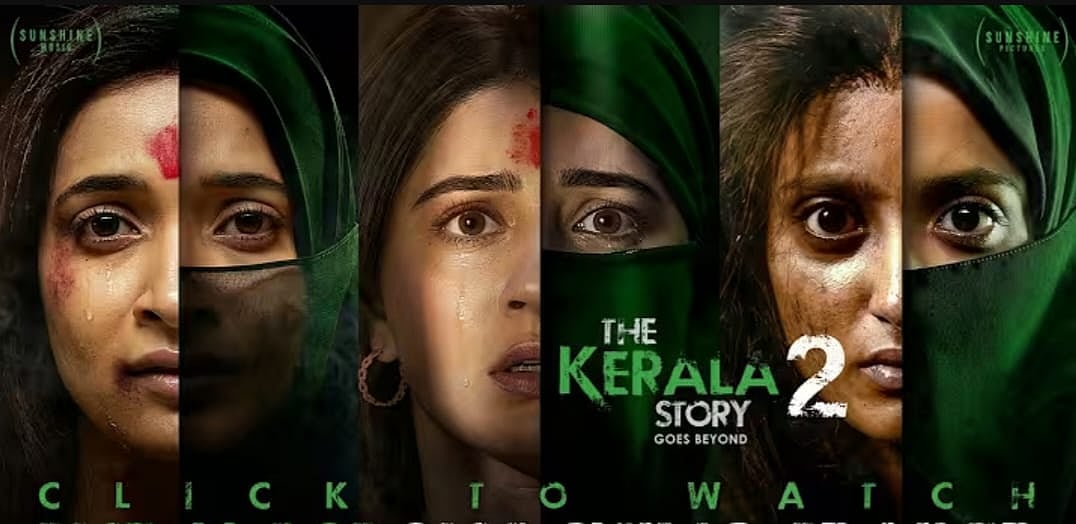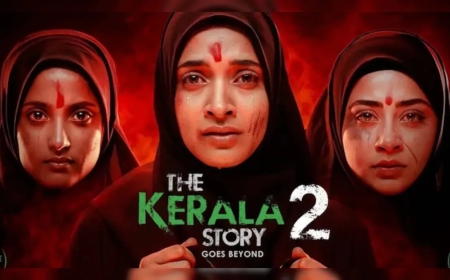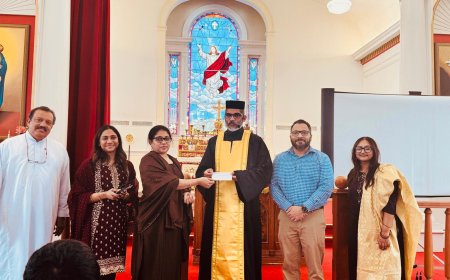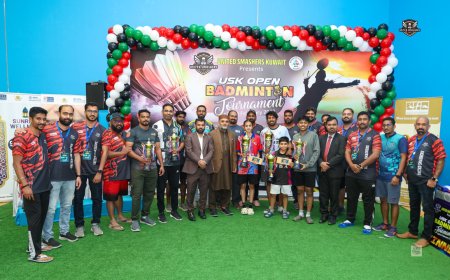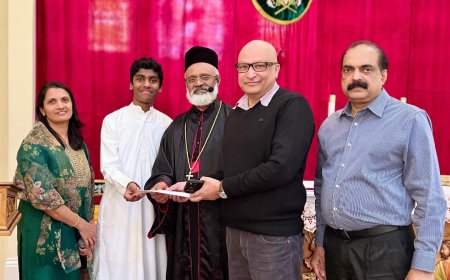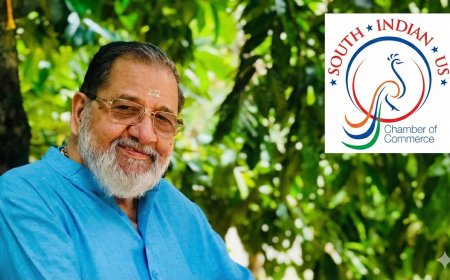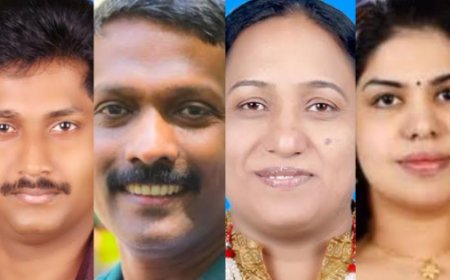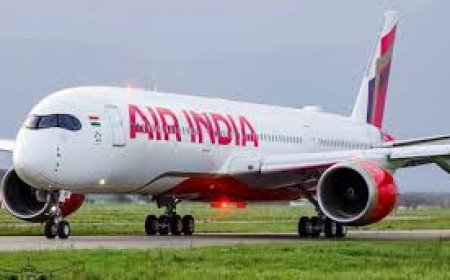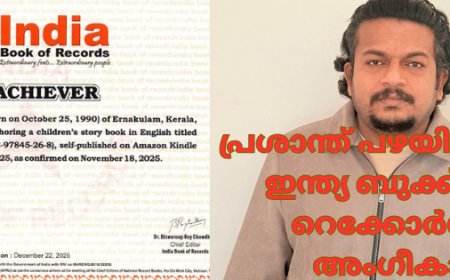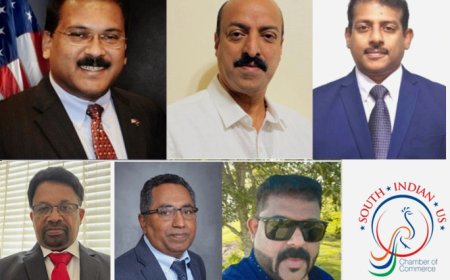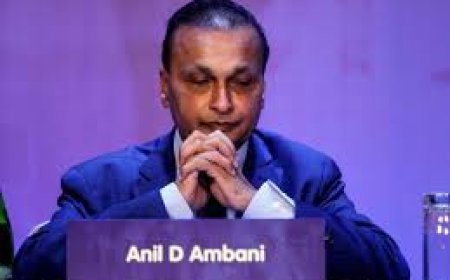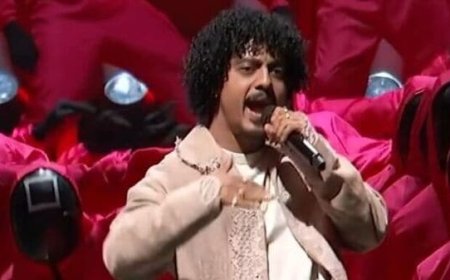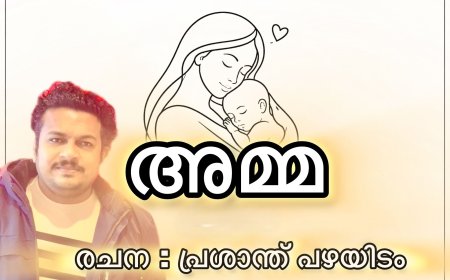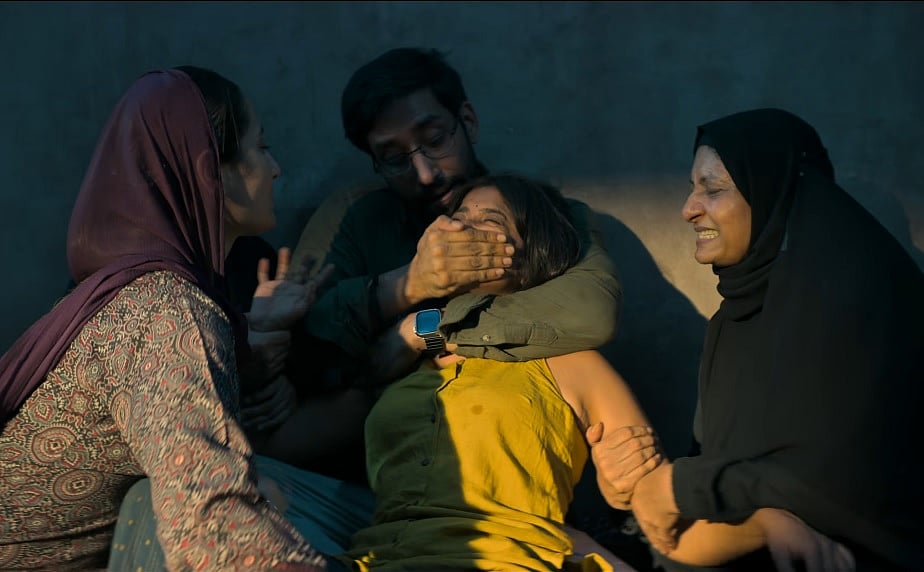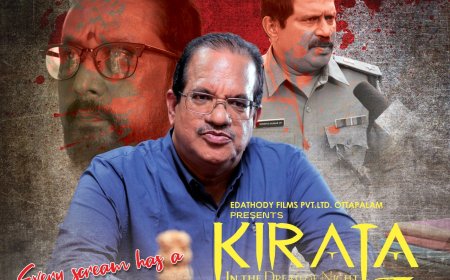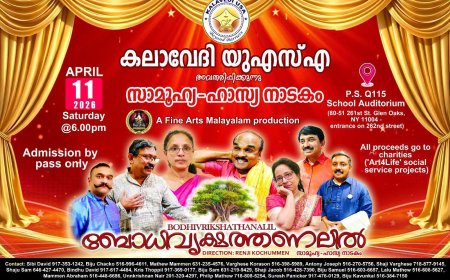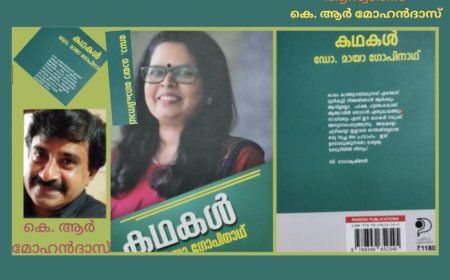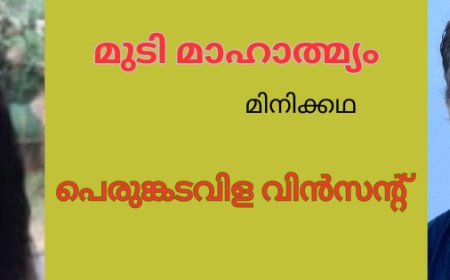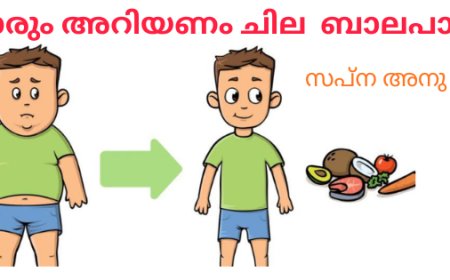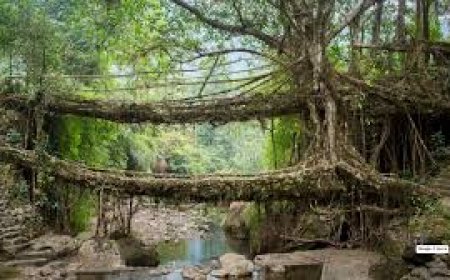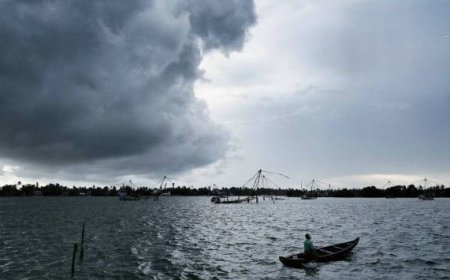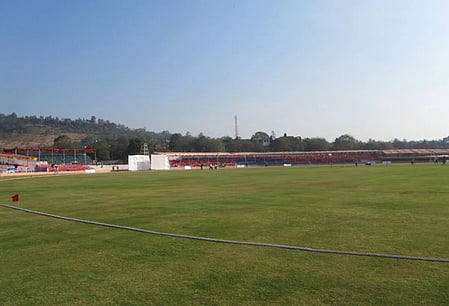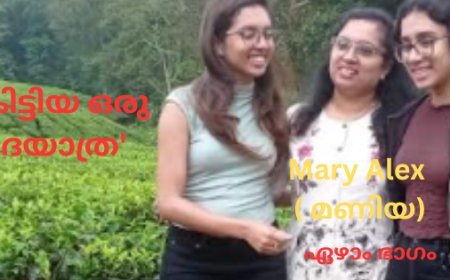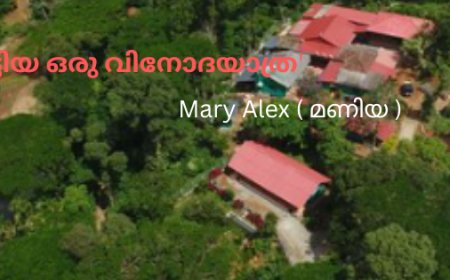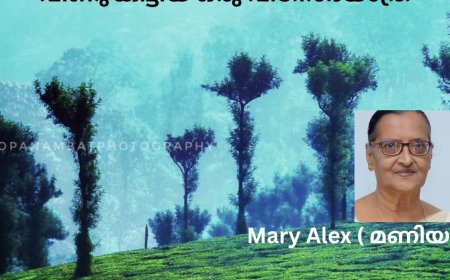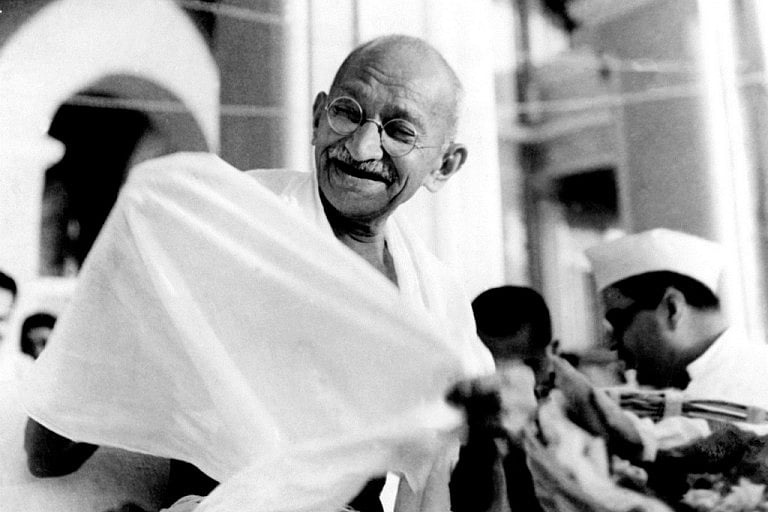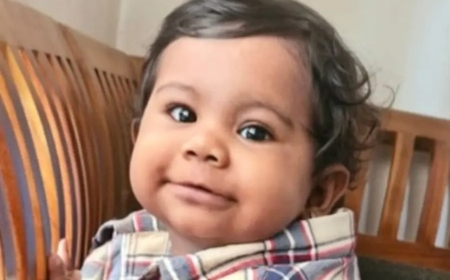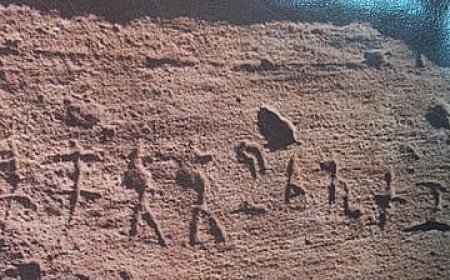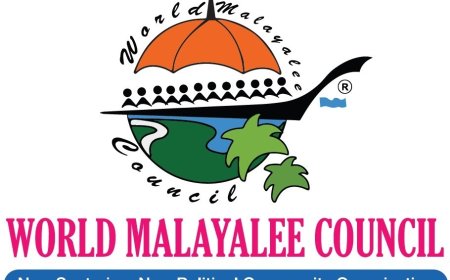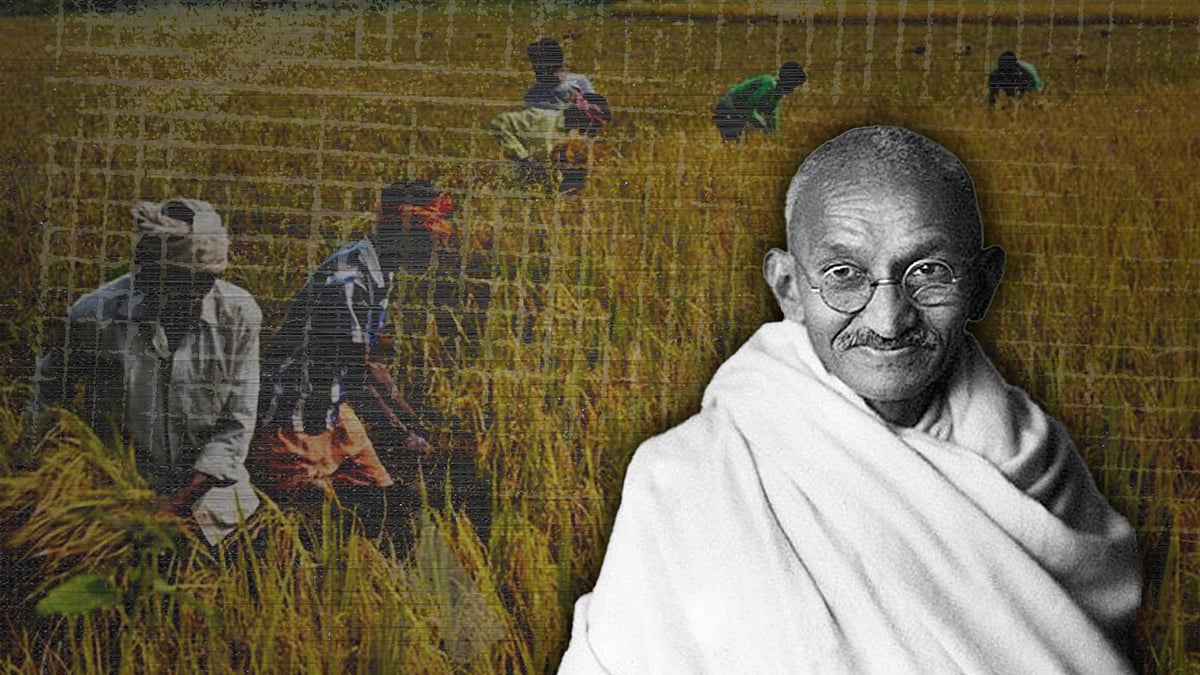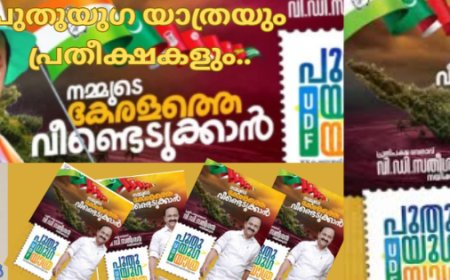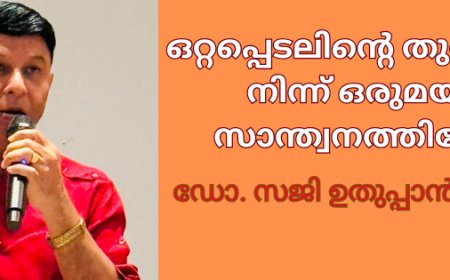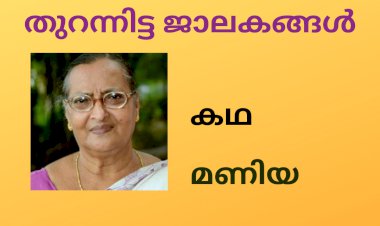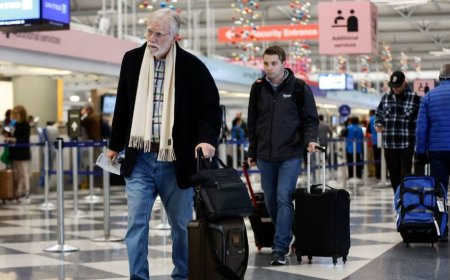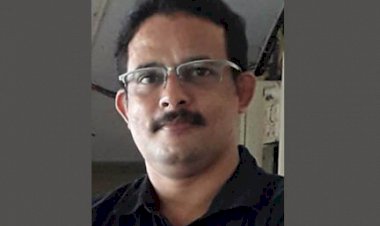Transforming Kerala – the lost generation
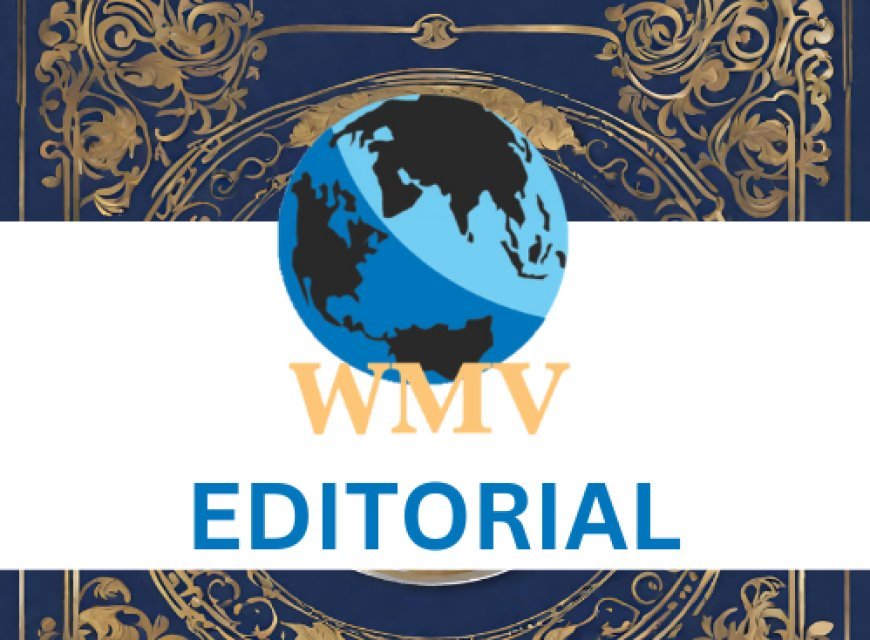
I MIGRATED to the USA from Kerala in 1973, 51 years ago and have been visiting Kerala at least once a year since 1994, last 30 years. I also travelled to 36 countries and met Malayalees living there as Global Vice President, Global President, Global Chairman and Global Advisory Board Chairman from 1995 to 2009.
I watched the migration of Malayalees worldwide, their success stories, stories about their children and grandchildren and how they helped their family in Kerala and poured foreign money into Kerala.
While this was happening, many successful Malayalee business people emerged in foreign countries and India. Many people got involved in the democratic process in the USA, Canada, UK, Germany and others.
I recently visited Kerala and spent time with my high school and college classmates, neighbors, family members and other close friends. Everybody seems to have accepted the current reality, enjoying the new comforts and facilities. For many people, all their children are abroad, one in the USA, one in Australia, and for some others one in Ireland. Very few of their children are working in India. Most people enjoy financial stability, but many feel lonely. I attended the wedding of a cousin’s grandson, who works in the Netherlands and married a girl working as an engineer in Scotland. I met some parents whose one child is in the USA and the second one in Australia. This is the phenomenon in Kerala now. Every day hundreds of thousands of Malayalees visit Kerala, spend a few weeks with their family and friends, visit resorts and spend a good amount of money to enjoy the comforts.
Under the above situations and circumstances in Kerala, the life of normal people who work in Kerala or have a small business is very different. They are competing with a floating population visiting Kerala; spending their vacation spending money and enjoying life.
There may be some exceptions.
Another group of people enjoying Kerala are the migrant workers from North East India, working every day to support themselves and their families back home. This group of people is the biggest beneficiary of Kerala’s progress.
During my recent visit to Kerala, one early morning we went to get Kattan Kappy (Black Coffee) near Thirunakkara Temple, we saw about 100 migrant workers waiting in the old bus stand area, which reminded me of Mexican immigrants gathering in areas early morning in the USA looking for job. This is a phenomenon in rich countries and Kerala has become like that. This is a major transformation in Kerala, attracting 300,000 migrant workers from North East India.
51 years ago when I left Kerala, it was one of the poorest states in India with more than 30 per cent poverty and a place where people cannot find work.
Even with progress and the big availability of money in Kerala, the trend of the younger generation is to go to study abroad and live abroad. This may be because they see the people who migrated to other countries as being successful financially and leading a good life. They do not see the rich Kerala as a better place to live. They see their family members and friends leading a better life abroad. They forget the fact that these non-resident Malayalees work hard in those foreign countries to make a living and when they come to visit Kerala, they enjoy their time by spending money in new advanced Kerala with good hotel and resort facilities and better restaurants.
Is this transformation in Kerala normal like any part of India or the world, like new technology, advances in science and medicine, better infrastructure and facilities? There are cultural and lifestyle changes, which are normal from generation to generation.
What happened in Kerala is not normal. It is a new transformation that has long-term impacts on the life and culture of Kerala. These Northeastern India migrant workers are becoming a part and parcel of Kerala; they all will speak Malayalam and live in Kerala for generations as Malayalees did in every part of India. Similarly, 50 per cent of Malayalees live abroad and most of them except those who work in Gulf countries will settle in those countries. Their children and grandchildren will never come to Kerala. There will be a new generation of Malayalee culture and tradition in 20 years.
Malayalees who settled outside Kerala always came back to visit their family and friends because they could take a train and come. Children and grandchildren of the Malayalees now settled abroad are not going to visit Kerala or attempt to contact their parents’ family.
This has already happened in Singapore and Malaysia. How do we attract them to Kerala and make them keep connected as a Global Malayalee Community and continue their identity for generations to come?
Is it possible?
In the USA almost all ethnic groups from all over the world continue to keep their identity and are proud to call themselves Irish Americans, German Americans, Mexican Americans, Chinese Americans, Mongolian Americans, Romanian Americans, Nigerian Americans, Indian Americans, etc. Why can’t we call ourselves Global Malayalee American, Malayalee German, and Malayalee Australian etc?
We need to bring together the new Global Malayalee generation and create a global community so that we do not lose our identity. As generations pass by, we must make sure that the Malayalee name remains all over the world.




